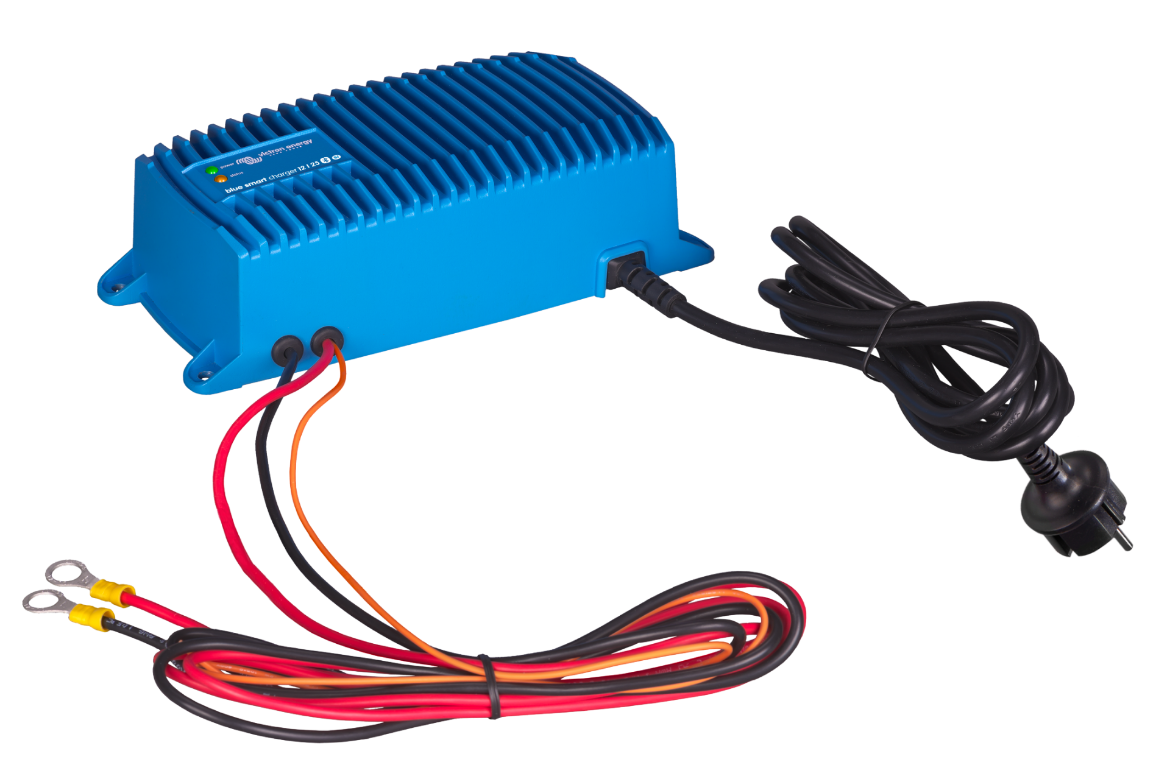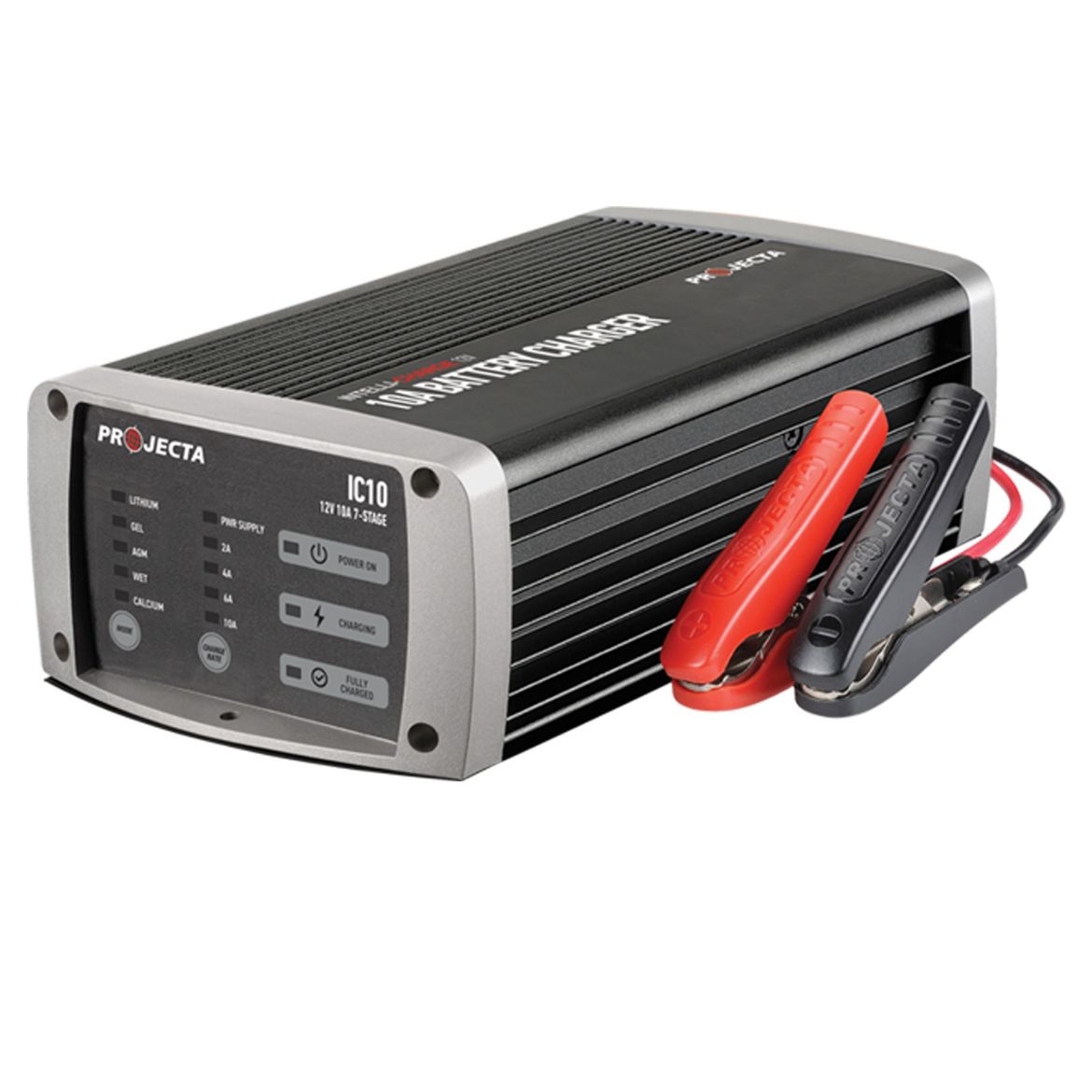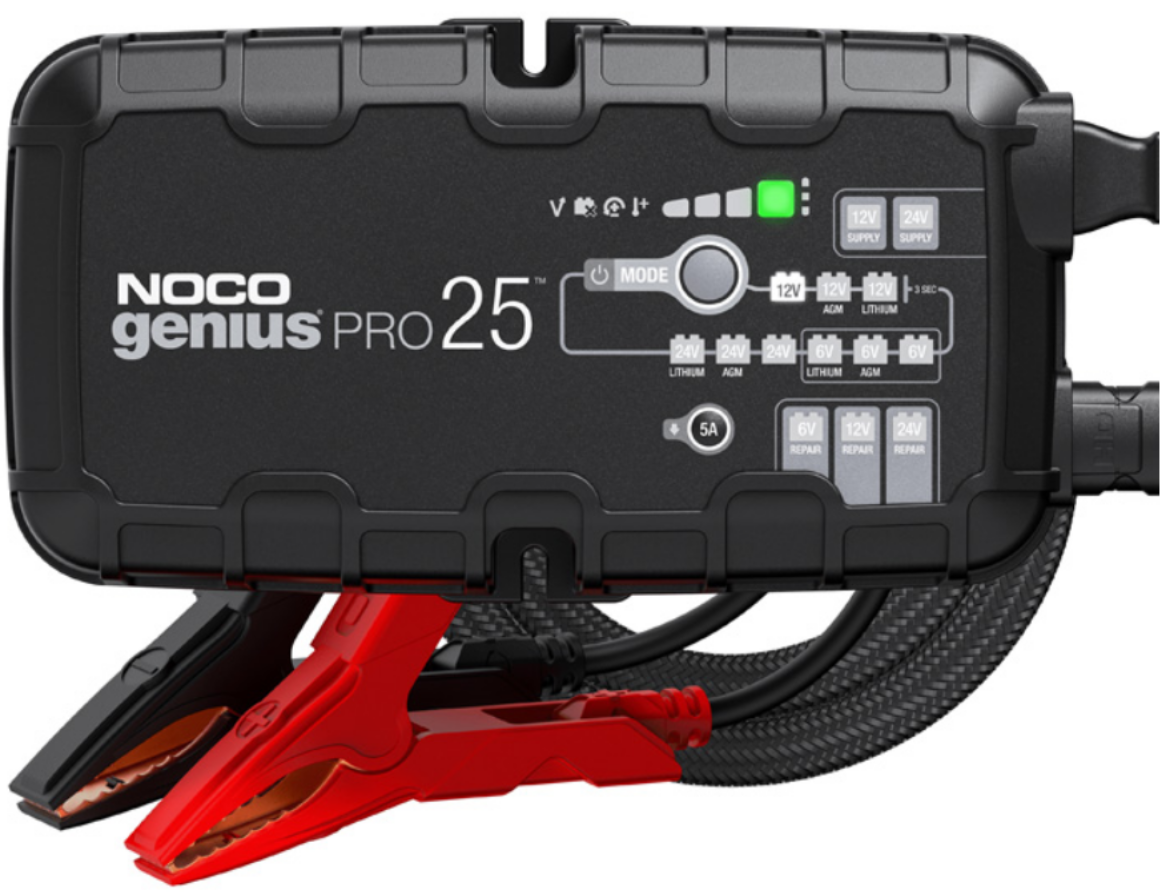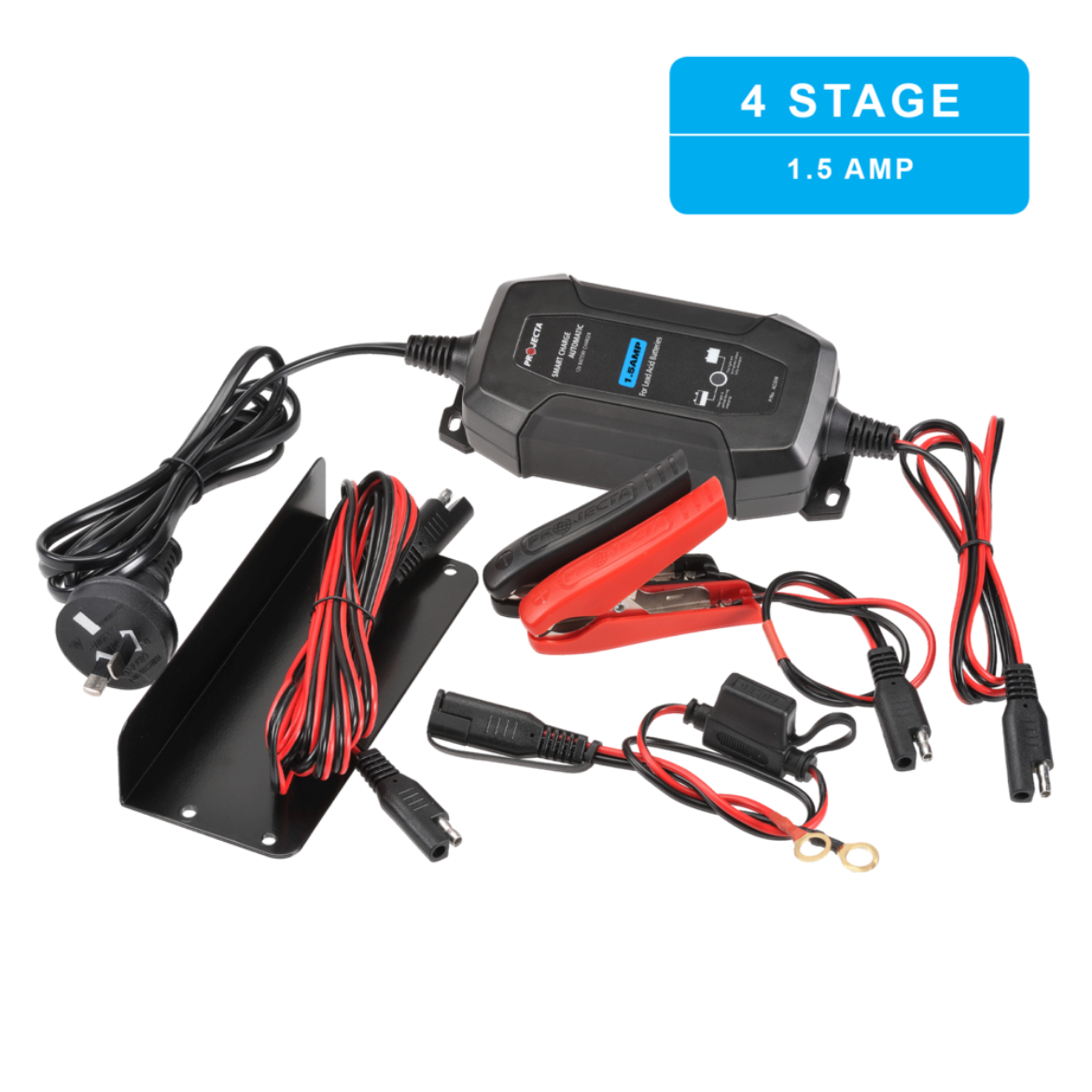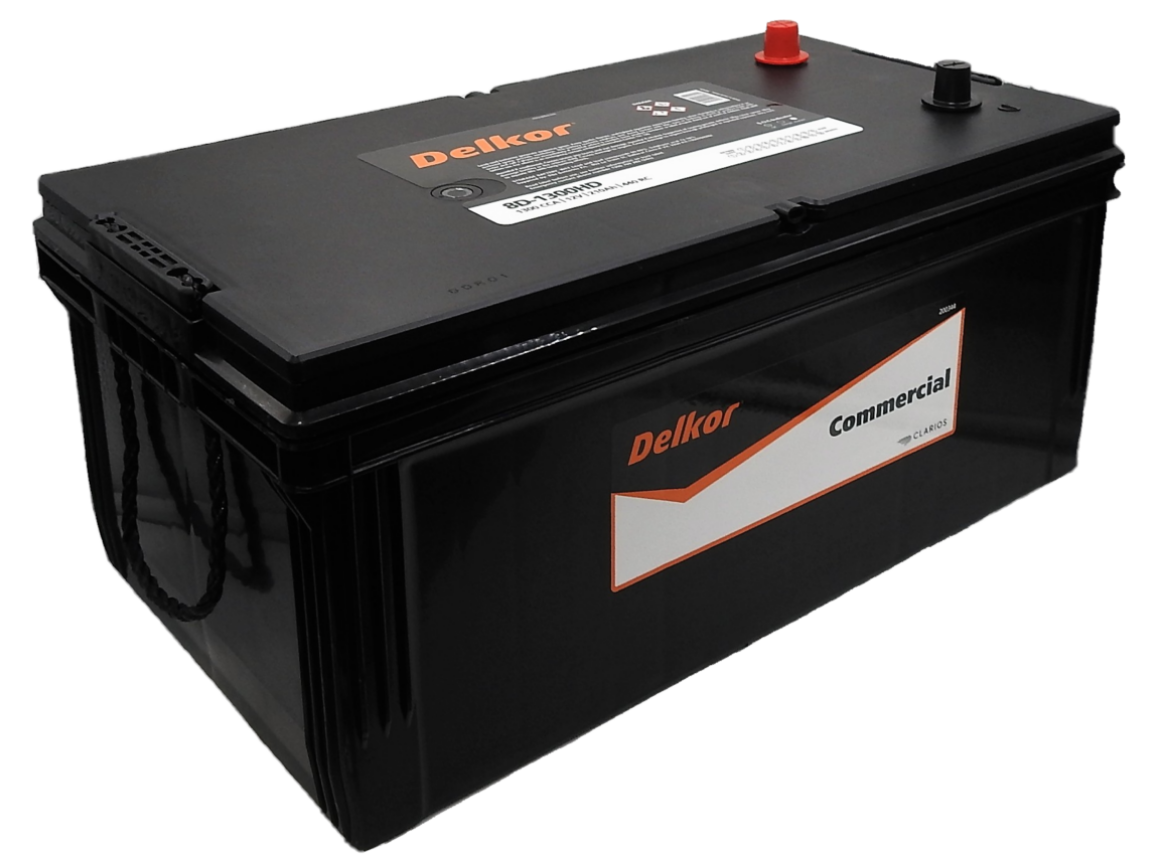
The Significance of Battery Upkeep
Keeping your battery in top condition is essential to avoiding unexpected breakdowns or getting to the campsite and figuring out your battery was already mostly or completely flat.
There are several common reasons why batteries go flat, but with regular care, you can prevent most issues. For instance, leaving lights on—whether it's headlights or smaller interior lights—can quickly drain your battery. Hidden power drains, such as improperly installed accessories, can also sap battery life without you noticing. It's also important to regularly check for corrosion or loose connections at the terminals to ensure the battery charges properly.
Additionally, batteries left fitted into a system for extended periods can slowly lose charge due to auxiliary circuits, keyless entry systems and various security features.
Understanding Battery Health with Our Battery Charging & Maintenance Guide
Batteries are complicated, voltage and specific gravity won’t make sense to most people, which is why we created a guide to help you monitor your battery’s voltage and let you know when you should act to avoid damaging the battery’s longevity.
While voltage is not a direct indicator of battery’s health, It’s the best place to start, so here’s some of the key voltages you should know:
A fully charged battery should read around 12.6V to 12.8V. As the voltage drops to 12.4V, the battery is at 75% charge and should be recharged soon. When it reaches 12V, the battery is halfway depleted, and recharging becomes essential. At 11.8V, immediate recharging is needed to prevent damage, while 11.5V or lower signals a fully discharged battery that requires urgent attention. See our guide below for more details.

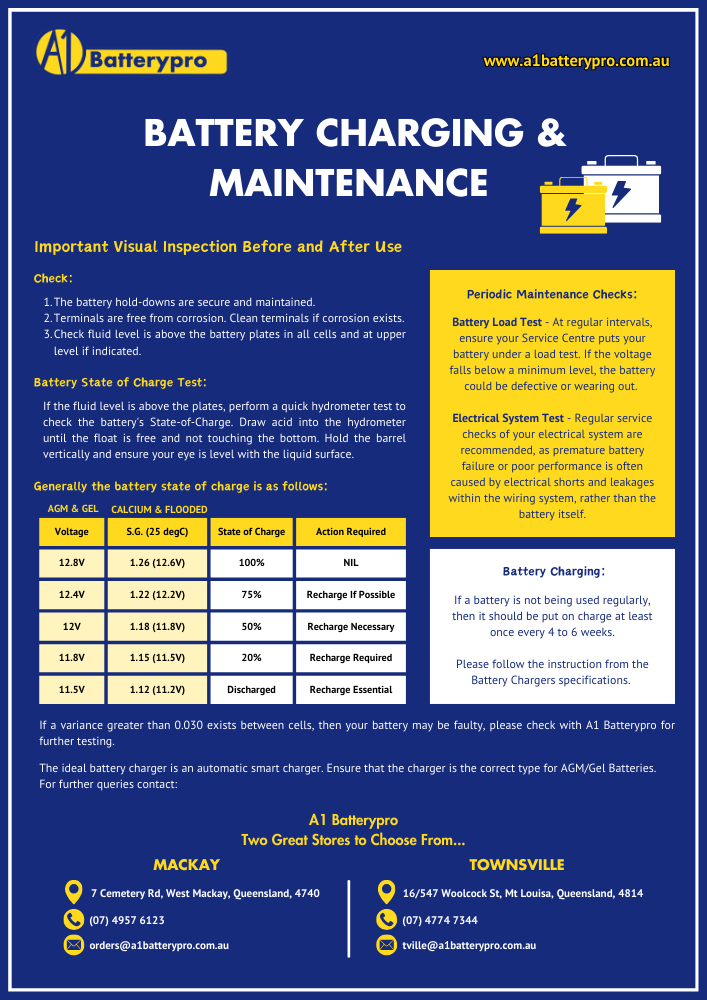
What to do if Your Battery is Discharged
If your battery needs to be charged, it's important to act quickly to avoid long-term damage, but it is important that you use a charger that suits your battery type—whether it's an AGM, Gel, standard lead-acid battery, or lithium battery.
If you're unsure, refer to your battery's specifications or consult with a professional. Most modern chargers are fully automatic and will stop charging once the battery is fully charged, preventing overcharging. If you're using a manual charger, make sure you monitor the charging process closely and shut the charger down once the battery reaches full charge.
We have a range of smart automatic battery chargers as well as manual chargers with automatic shut-off timers which you can check out below.
Smart Automatic Battery Chargers
Manual Battery Chargers
Visit Our Shop Today!
For more advanced care, or if you're experiencing recurring battery issues, visit A1 Batterypro for a professional assessment and recommendations on whether it's time to replace your battery.
By regularly monitoring your battery’s voltage and following these simple steps, you can stay ahead of potential problems and ensure your vehicle runs smoothly. For further advice and expert assistance, visit A1 Batterypro in Mackay or Townsville, and make sure to grab a copy of our Battery Charging & Maintenance Guide for easy reference!









































